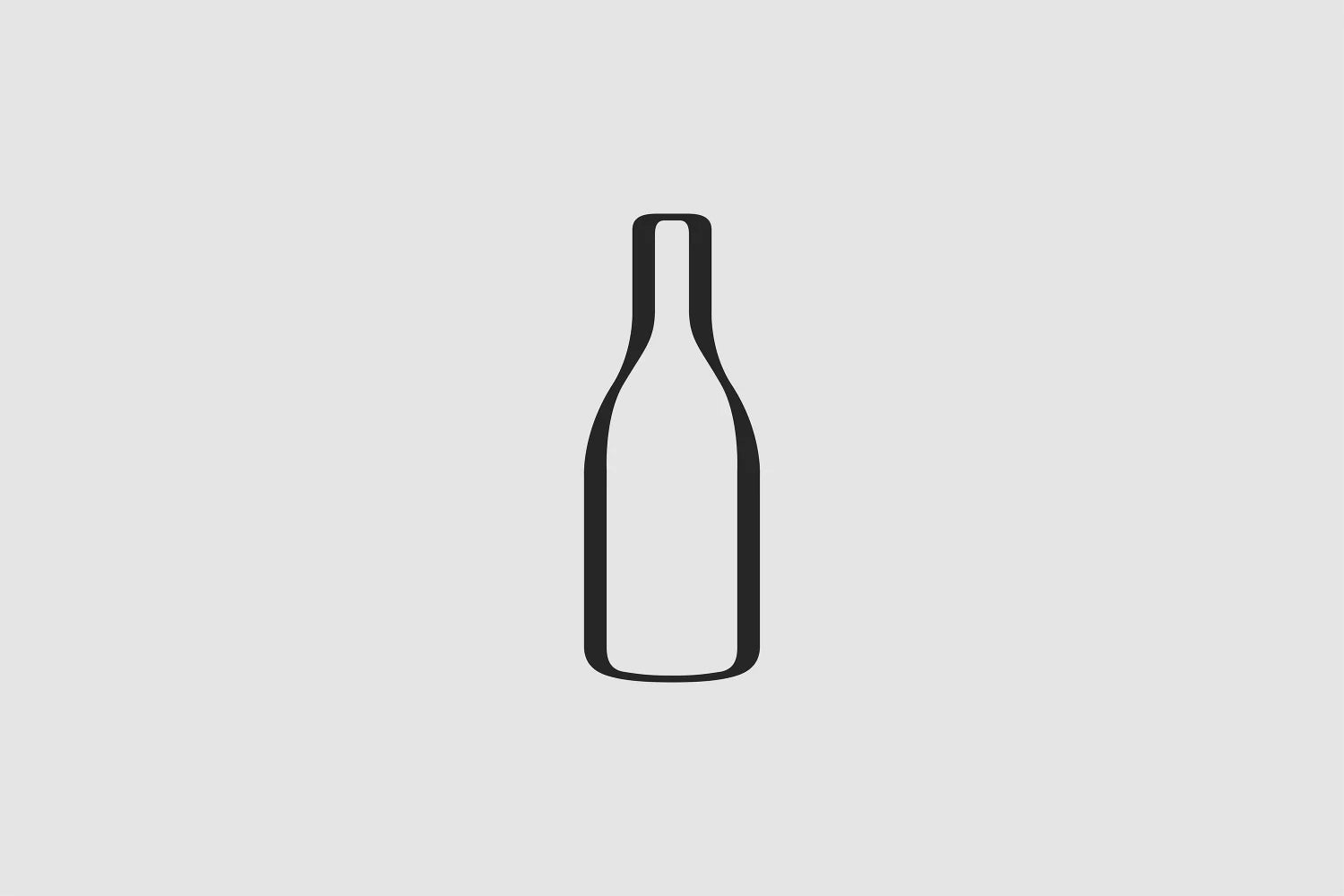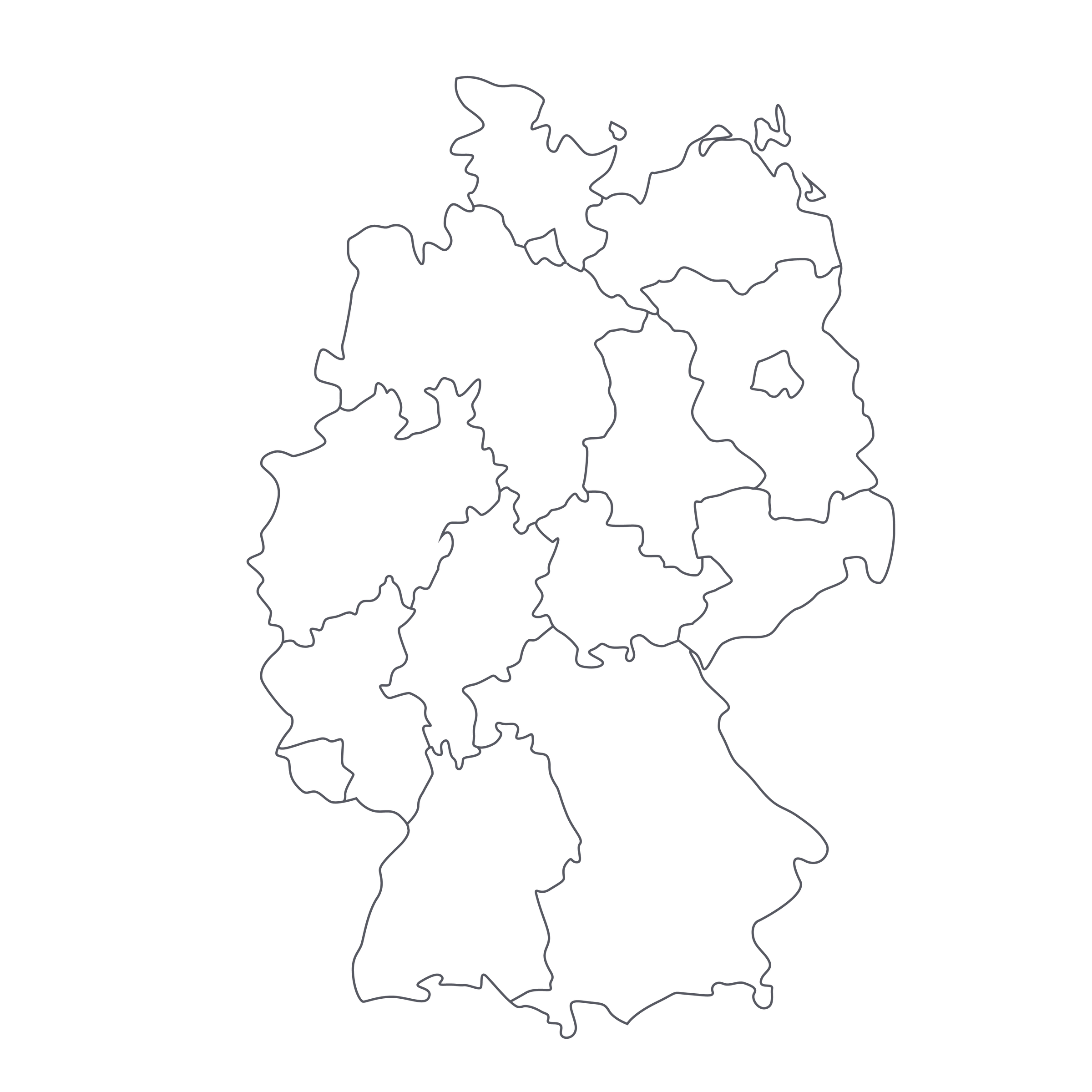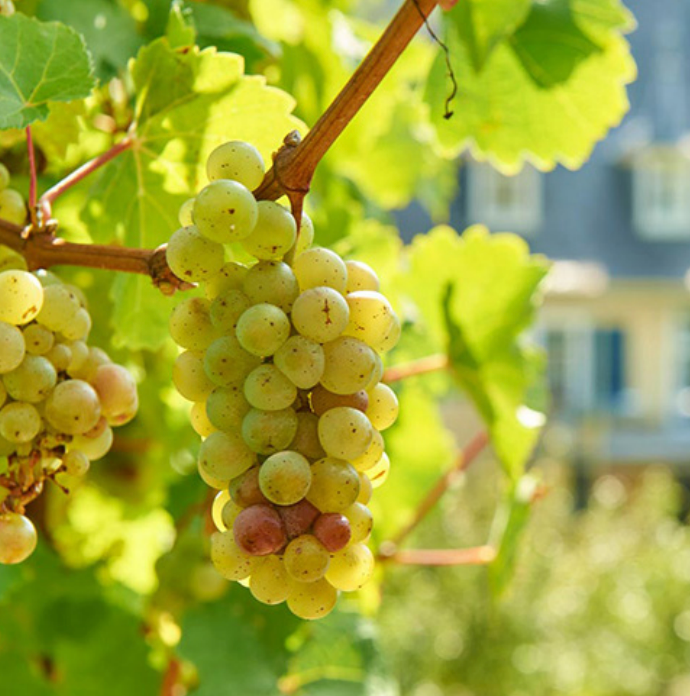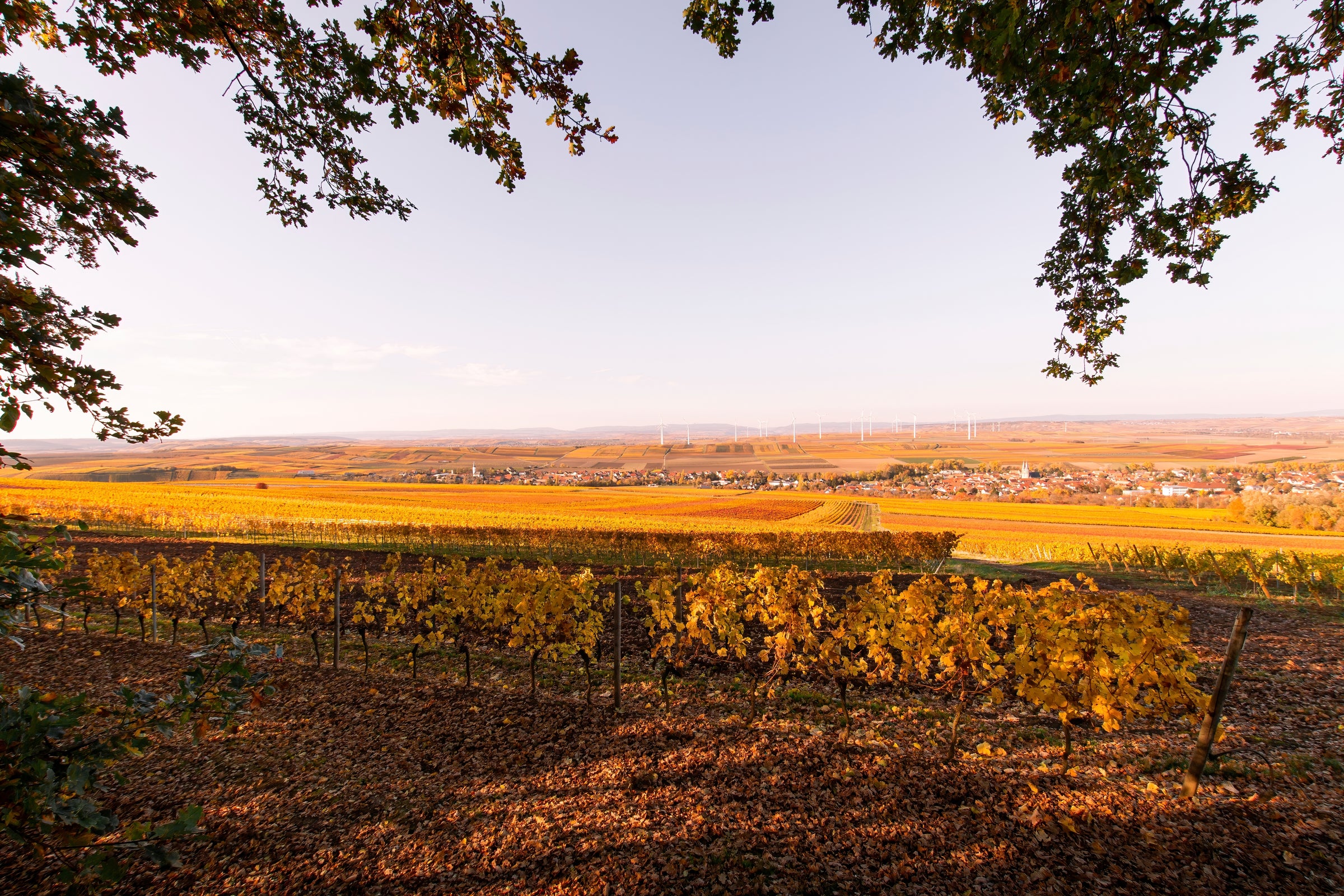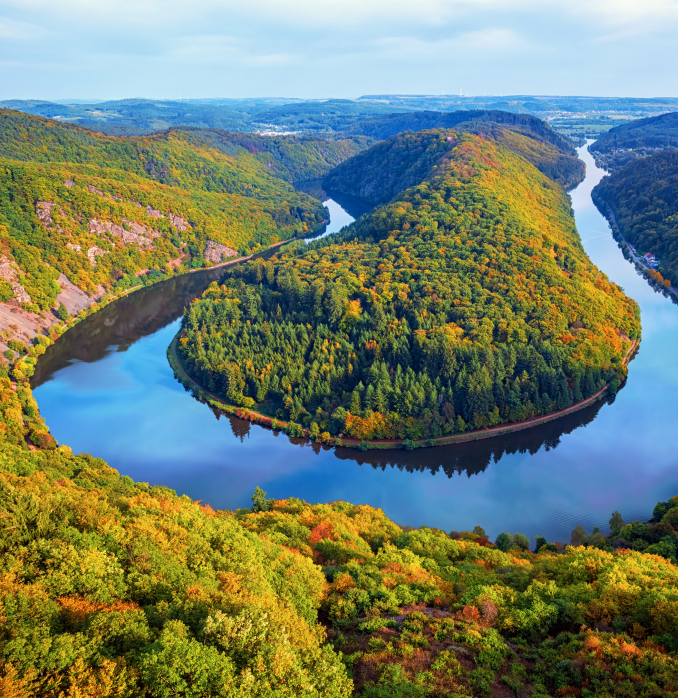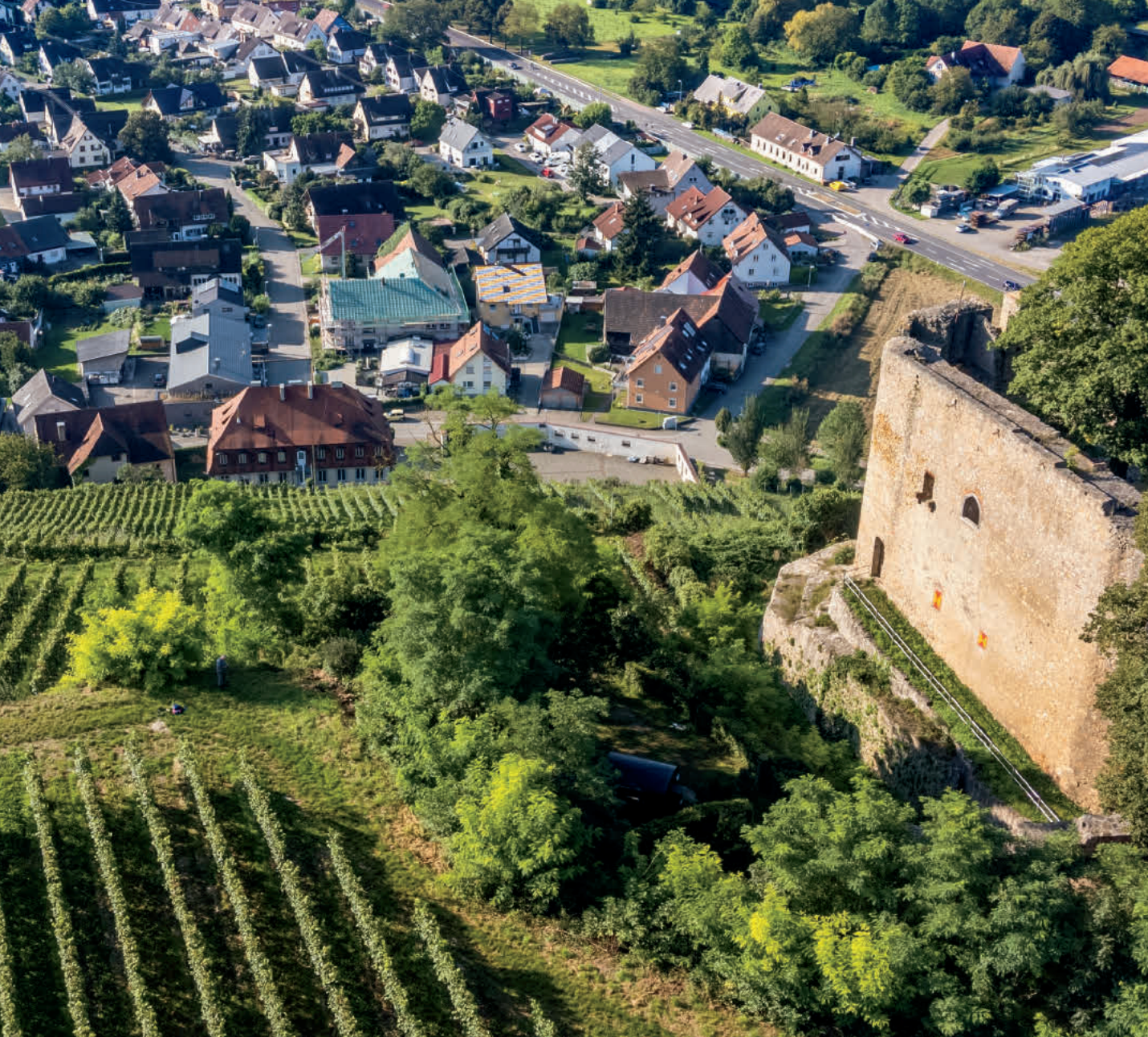Today we present the latest electrifying white in a series we’re calling “The Many Shades of German Riesling.” Lovers of this grape as grown in this place—in today’s case, the incomparable Mosel River Valley—know that it presents itself in myriad ways, from bone dry to unctuously sweet to countless variations in between.
Weingut Karthäuserhof, likely a familiar name to many of you, showcases this diversity as well as anyone—as one might expect from a winery that has been in the same family since 1811. Today’s wine, from the high-quality but low-yielding 2012 vintage, is a Kabinett Trocken—fully ripe but finishing dry—that perfectly encapsulates why Riesling is special. And why is it special, you may ask? Because in a wine like this it isn’t merely delicious and aromatic in the way few (if any) white wines can match, but because it engages you on an intellectual as well as sensual level. “Trocken” means “dry,” and this wine is indeed dry, but it’s dry in that way only great German Riesling can be—namely, richly fruited, textured, and possessed of enough residual sugar to tease sweetness before an electric charge of acidity jolts the palate and buttons up the finish. Today’s 2012 is only just now starting to reveal some bottle age; it has a decade-plus of graceful evolution still ahead of it, at a price that comes nowhere close to reflecting its quality and pedigree. We say it often: German Riesling is magic, as your first sip of this one will confirm.
The wines of Karthäuserhof have become SommSelect staples over the years, and, looking across the many categories of wine we offer here, I’d place them at or near the top of any value-for-dollar ranking. The bucolic estate, whose name translates to “Farm of the Carthusians” and dates to the 11th century, was first established as a monastery. More recently, however, the past six generations of winemaking have belonged to the same family, with current proprietor Albert Behler overseeing a team that includes Managing Director Julia Lübcke and Winemaker Sascha Dannhäuser. Deep in the heart of the Mosel, Karthäuserhof is based in the village of Eitelsbach; its single vineyard lay along the Ruwer River just before intersecting with the Mosel. Peppered with ancient trees and an impressive manor house, the property is a true homage to centuries past. They are in good company, too—Von Schubert’s Maximin Grünhaus, which you may also remember from past offers, is right across the river.
Most unique is their continuous 19-hectare monopole (single-vineyard, single owner), named Karthäuserhofberg. Seeing as it is adjacent to the estate, this allows the Karthäuserhof team more control over the growing and harvesting process. With most vines on their original rootstock, they are sunk deep in sharply inclined hillsides filled with Devonian slate and iron. Organic farming is practiced, and, instead of pesticides, pheromones are applied to keep insects at bay. Post-harvest, as many as 60 different batches of grapes are vinified separately in enameled stainless steel tanks and a final blend is created before a brief respite in their vaulted stone cellars.
According to the regulations of the German prädikat (quality classification) a wine of Kabinett-level ripeness (which is measured at harvest) may contain up to 9 grams per liter of residual sugar and still be labeled “dry,” or trocken; this style typically contains a touch more alcohol than a ‘regular’ Kabinett—in this case 10.5%, compared to the 7-8% in an off-dry style—and enough balancing acidity to offset the effects of the sugar. Between the exotic Riesling aromatics and the hint of viscosity imparted by the residual sugar, it certainly flirts with being off-dry before the acidity and minerality work their mouth-watering magic.
Now with a few years of flattering bottle age, this 2012 has fleshed out somewhat, enough that you might think it’s a next-level-up Spätlese rather than Kabinett Trocken. In the glass it’s a bright yellow-gold moving to light green at the rim, with good glass-hugging tears advertising its concentration. The aromas are textbook Mosel, with an intriguing mix of stone (white peach, apricot) and citrus (white grapefruit, lime blossom) fruit vying for attention along with scents of white flowers, wet stones, exotic spices, crushed chalk, and that heady, gasoline-like note politely referred to as ‘petrol’ in tasting circles. Medium-bodied, racy, and bracingly mineral, it is at once palate-coating and palate-enlivening, jump-starting the salivary reaction like few wines can. We’re constantly recommending Thai and other Asian preparations to pair with wines like this, because it’s a wine that can handle heat from spice; your favorite green curry or pad thai recipe would be a no-brainer, but we thought we’d mix it up a bit, seeing as there’s still lots of winter citrus around. The attached sea bass preparation should showcase this wine perfectly. Cheers!
